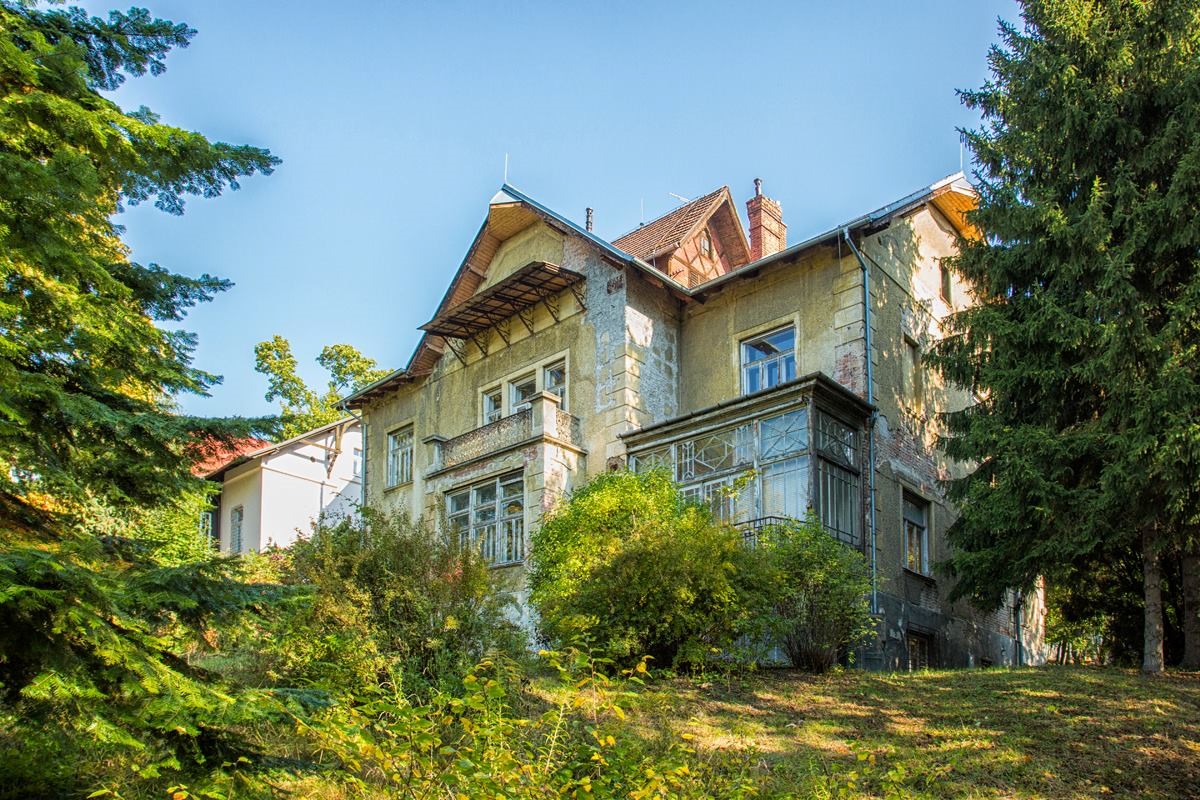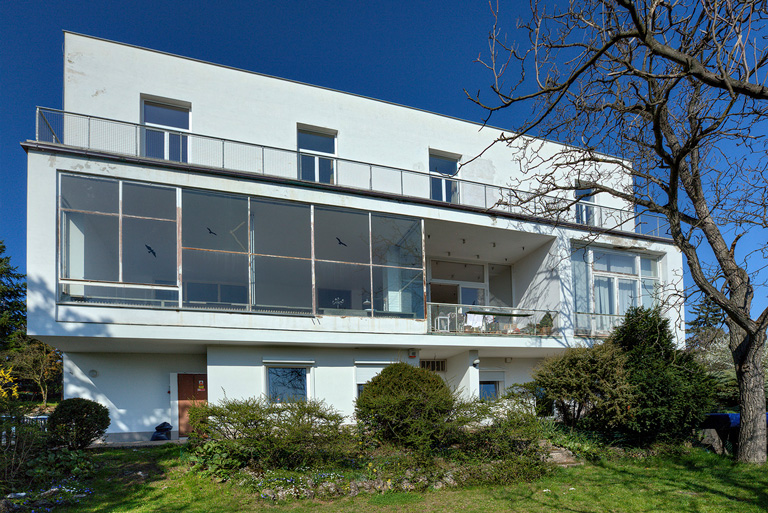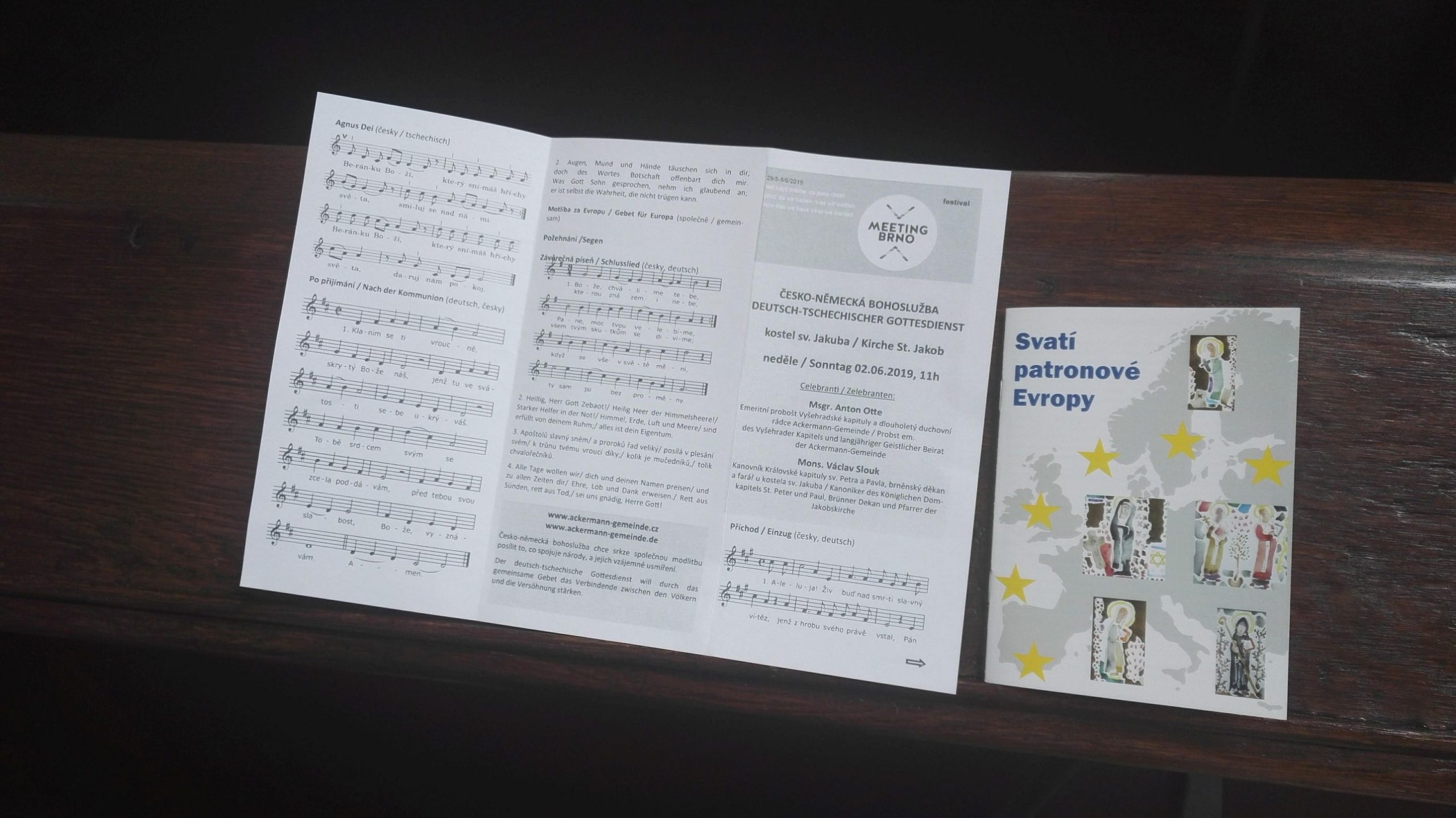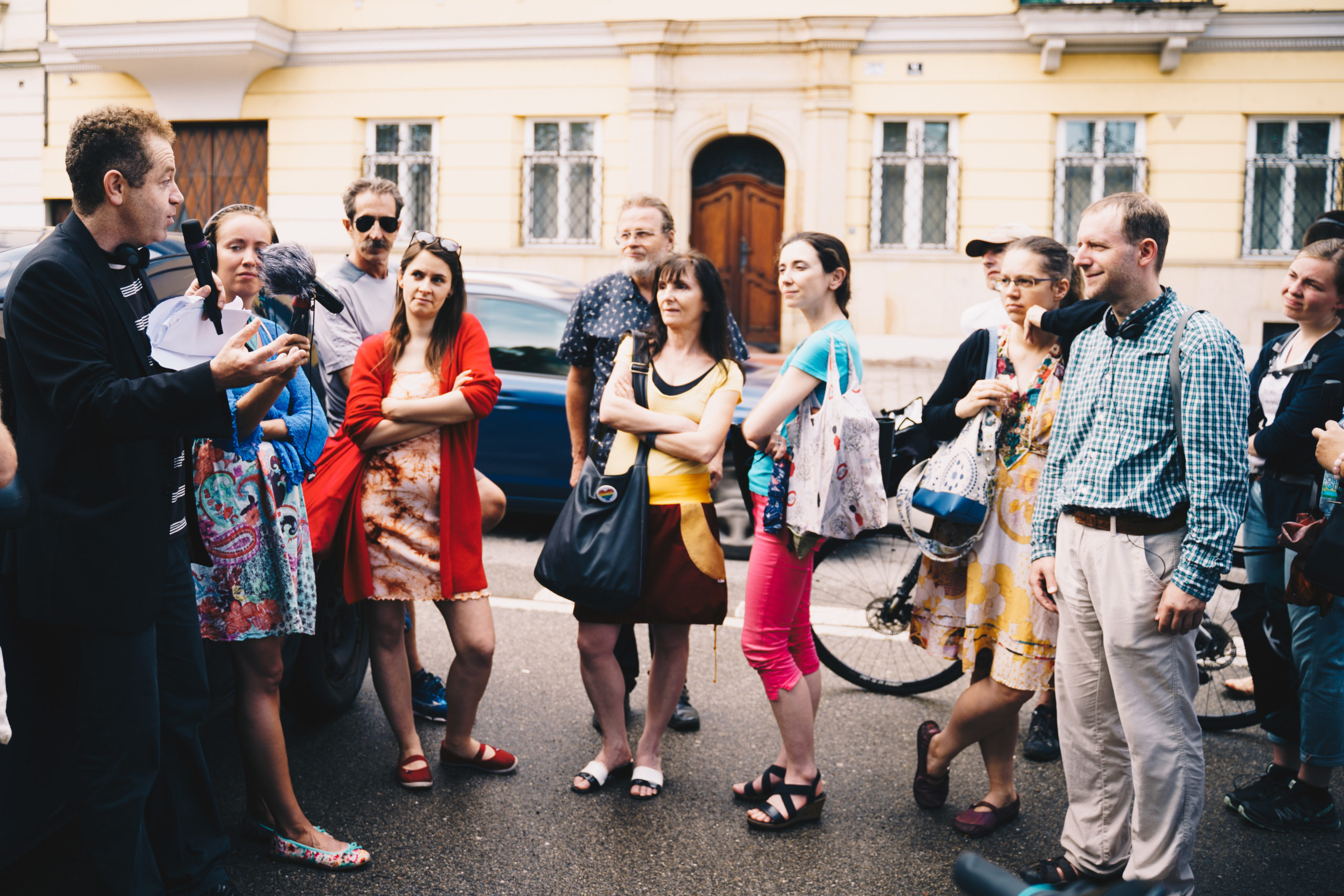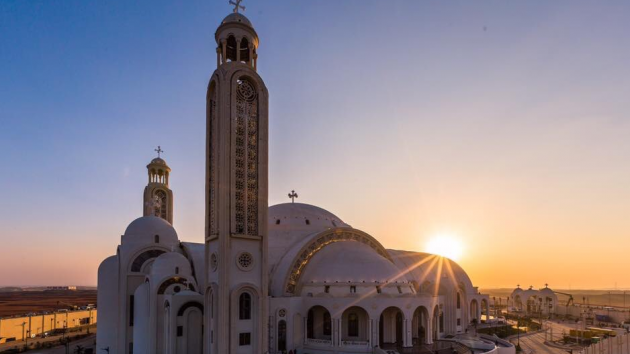A garden party to celebrate Marie von Ebner-Eschenbach
On the 190th anniversary of the birth of Marie von Ebner-Eschenbach, we invite you to a celebration in the impressive park of the Zdislavice chateau. On the writer’s very birthday, two contemporary writers, Pavla Horáková from Czech Republic and Ursula Wiegele from Austria, will meet in her birthplace for a talk and readings from their works.
The personality of Marie von Ebner-Eschenbach will be introduced by the Germanist and leading expert on her work, dr. Eleonora Jeřábková, Ph.D.
The current owner Josef Gschwandtner (AT) will talk about the history of the chateau and plans for its reconstruction.
This meeting will be moderated by Mojmír Jeřábek, the director of the Czech Centre in Vienna.
Pavla Horáková (born 1974) is a writer, literary translator and radio editor. Since graduating, she has translated fiction from English and Serbian, and for several years worked with the foreign broadcasting staff of Czech Radio. She debuted with a detective trilogy for children about a group of friends, the Hrobaříci. Together with Jiří Kamen, she edited two books dedicated to the Czech participants in World War I, Přišel befel od císaře pána (2015) and Zum Befehl, pane lajtnant (2018), which grew out of a radio series, Polní pošta. In 2018, she published her first novel for adults, Teorie podivnosti, which won her the 2019 Magnesia Litera prize. She spent the early part of 2020 on a creative scholarship in Vienna, granted by the Austrian Foreign Ministry, and there she worked on a novel inspired by the memoirs of her great-grandmother from Moravian Slovakia; walking in her footsteps, Horáková has investigated long-the forgotten locales and stories of her great-grandmother’s Vienna years.
Ursula Wiegele (born 1963) is the writer in residence at the Meeting Brno festival and will spend several weeks in the city working on her latest book. The novel takes place in the 1940s, partly in Eastern Europe, which the Austrian author also wrote about in her earlier works. Ursula Wiegele was born in Klagenfurt and since 1993 has lived in Graz. After studying philosophy in Austria and Italy, she has worked as an editor, creative writing tutor and teacher of German as a foreign language. In addition to contributions in anthologies and literary magazines, she has written four novels: Cello, stromabwärts (Drava, 2011), Im Glasturm (Müry Salzmann, 2015), Was Augen hat und Ohren (Otto Müller Verlag, 2019) and Arigato (Otto Müller Verlag, 2020).
The programme of the Zdislavice celebrations will offer a play by Marie von Ebner-Eschenbach, performed by a local community theatre, and a tour of an exhibition of posters about the writer, guided by the curators, Zuzana and Eugen Brikcius. Visitors can also see a remarkable classicist sepulchre of the Dubský family, the final resting place of Marie von Ebner-Eschenbach.
The programme will be interpreted into Czech and German.
Travel by bus from Brno, departing at 13:00 from the stand in Rooseveltova street in front of the Janáček Theatre. Return by bus to the same place, with estimated time of arrival at 20:30.
The bus capacity is limited. Please buy your ticket via GoOut here.
Admission: 150/100 CZK.
In collaboration with Troubky-Zdislavice municipality, the association Czech National Trust, the Czech Centre in Vienna, the German Cultural Association of the Brno Region and the Austrian Cultural Forum in Prague.
13:00–20:00 Zdislavice, chateau park
13:00 bus departs from the stand in front of the Janáček Theatre, Rooseveltova
